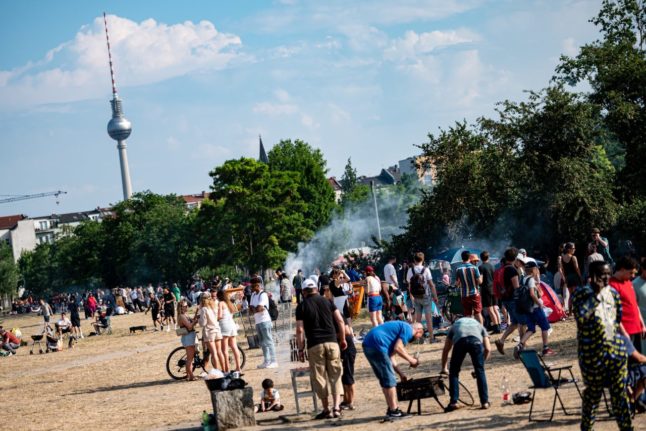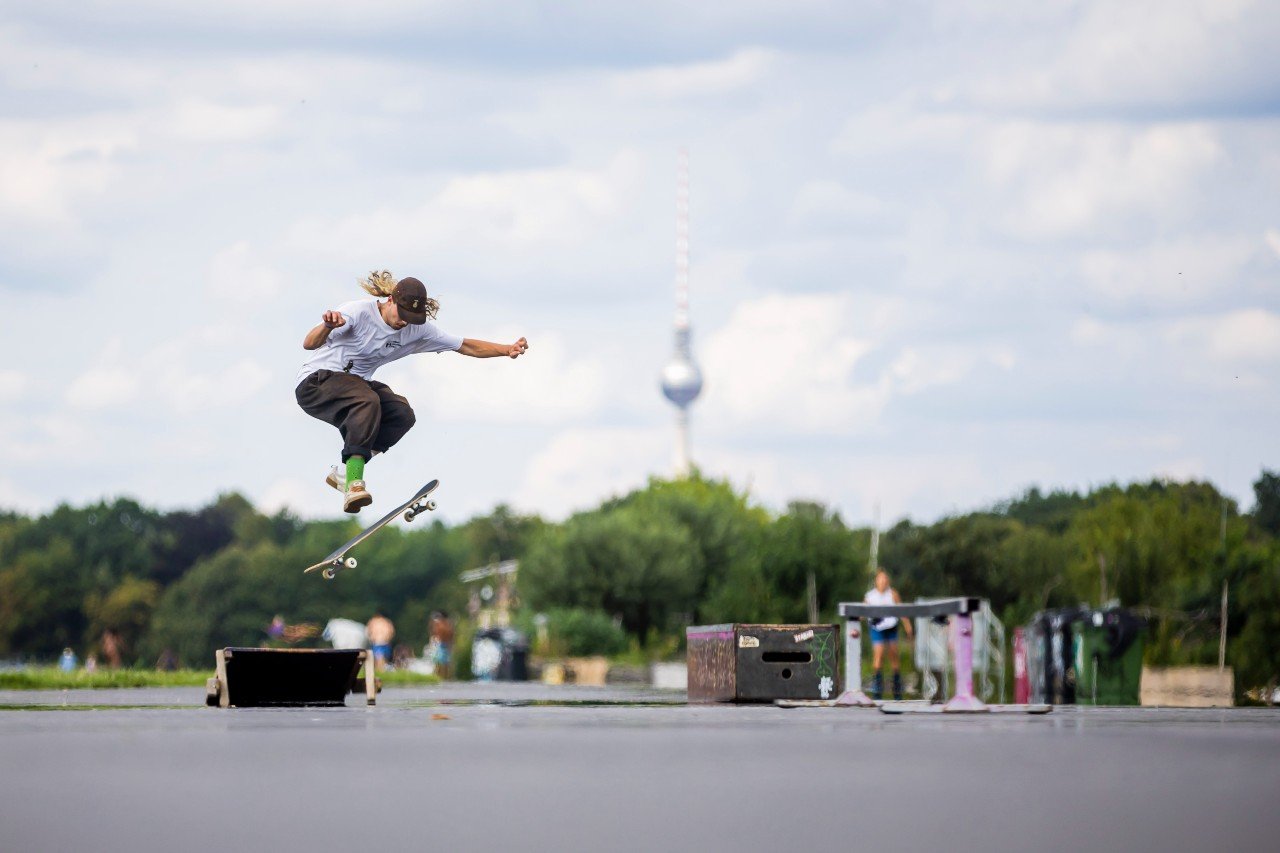After moving to Hannover in 2006 to work as an au pair, the 25-year-old Kansas native Funk decided to stay in Germany. With the country rapidly expanding day-care facilities, she recently parlayed her experience with kids into a job at a Kita, or creche.
What brought you to Germany?
I’d been working with kids since I was a teenager and at 19 I thought living with a family abroad would be an easy experience and give me the opportunity for a great time. It was great but also opened my mind to the world of children.
Nearly seven years later and you’re still here – what do you do now?
In September I got a job as an English-language kindergarten teacher for three to six-year-olds in the Fröbel Kita at the Babelsberg film park in Potsdam (Which is one of Germany’s largest movie production studios – Eds.) I start work at nine and tend to finish around half four but I do have over an hour’s commute from where I live in Berlin in a flat I share with friends.
Sounds like a glamorous Kita, do you look after film stars’ children?
Not that I know of! It’s mostly people from the town of Potsdam and people who work at the studios, which could be a few actors but as far as I know Till Schweiger doesn’t have kids in my class or anything.
How did you manage to get the job? Was speaking German a prerequisite?
A teacher friend raved about how good the company was so I applied for a job. I don’t have a college degree which has made it difficult to get a job sometimes, but I have years of experience of working with kids – I’ve done 30 English language camps with the Berlitz language school since 2008.
And what about the German?
My German is okay but it is hard to get my point across sometimes. Speaking some German does make things easier, for instance in previous jobs I’ve had the teachers didn’t speak English so communicating would have been hard without it. Luckily my interview was in English but because the boss only speaks German we had a translator there just in case.
You teach little ones English, that can’t be easy. What’s an average day at work?
We start with morning circle for about 20 minutes, which is where the kids get together in groups. Then I give 10 minute lessons to different age groups through the day, normally about colours or animals or something. The three-year-olds repeat what I say in a cute German accent and the older ones understand what I’m saying most of the time but don’t always talk back. We also have a nap time when we listen to Brothers Grimm stories – sometimes I nod off too!
Is nap time the best part of the job then?
The best part is getting to be with kids and shaping their futures with English. It’s important to start learning a language from a young age and their minds are like sponges so they pick it up immediately. It would benefit American kids to start languages earlier, when they’re spongier. Also I get to play with toys all day, I never say no when the kids ask me to help with whatever they’re making.
What do you find the hardest about your job?
When the kids don’t listen and go crazy. Its hard to try to calm them down when they don’t speak English. Distraction works though, getting them to sing together seems to work and Jingle Bells worked really well at Christmas time.
Have you noticed any major differences between German and American children yet?
German kids swear a lot more and I’ve noticed that they just run around in their tights without jeans, in the US this would be a big no no. But generally, no matter what language they speak and where they live, kids seem to be the same.
Do you plan to work with youngsters for the foreseeable future?
Well I have the choice to renew my contract in September and although it’s too early to say I really hope it works out and I can carry on. I do need a new visa though, which I’m not looking forward to organizing.
Want your German career featured on The Local? Contact us at: [email protected]
Jessica Ware





 Please whitelist us to continue reading.
Please whitelist us to continue reading.
Member comments